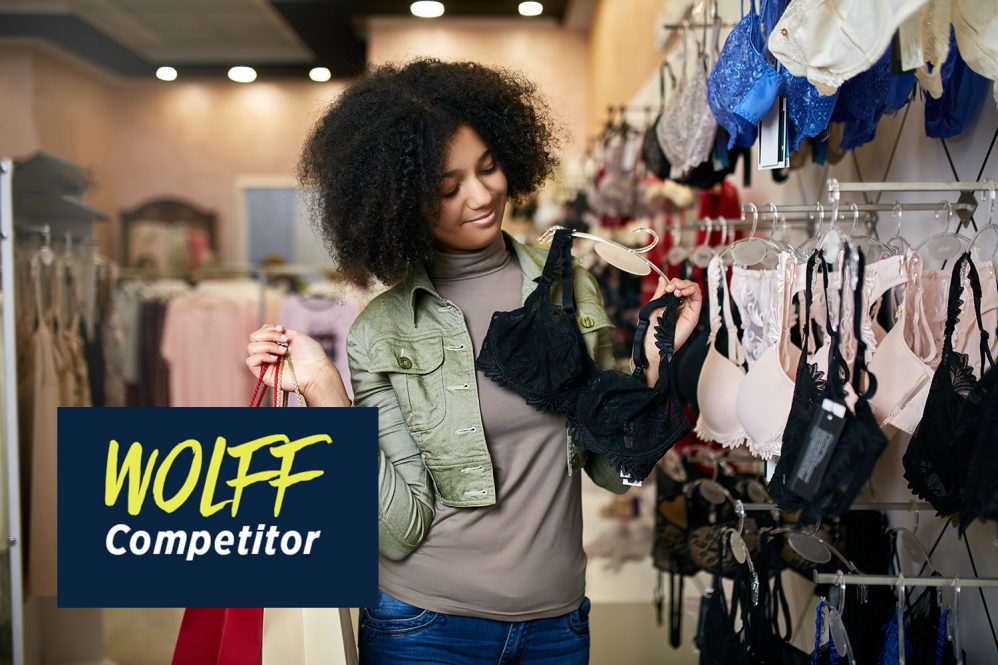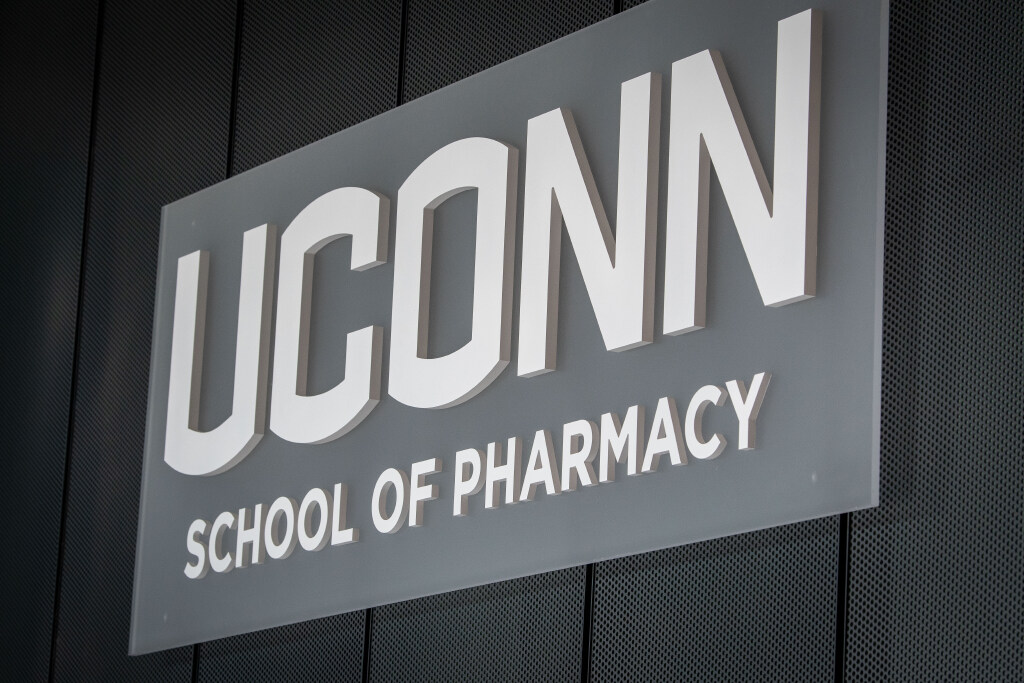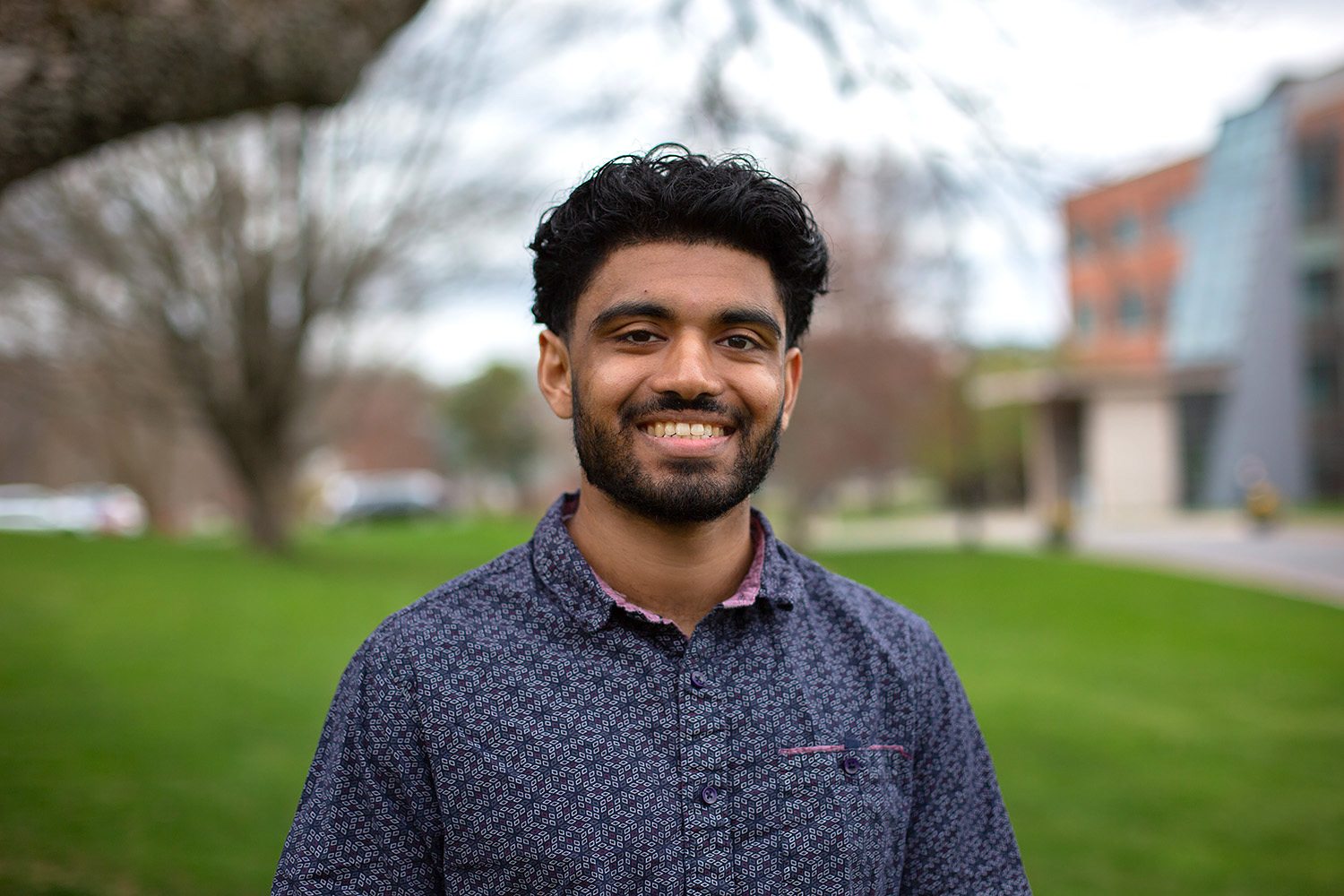Christina Phillips was horrified when she discovered that toxic and dangerous chemicals are used to manufacture women’s bras and underwear.
Who would suspect that formaldehyde, pesticides, petroleum, dyes, parabens and “forever chemicals’’ are found in the creation of most popular brands of lingerie?
Phillips, a UConn MBA candidate, is setting out to change that with her lingerie startup called “Puure.’’ She hopes to have her line of organic, non-toxic underwear available in the marketplace in 2024.
“There’s a silent threat beneath our clothing. It is a huge problem that scares me,’’ Phillips says. “I think millennial women are enlightened about healthy eating and healthy living and they’re concerned about environmental toxins. They want to make healthy decisions about their bodies. They have no tolerance for greenwashing. They seek brands that share the values that they do.’’
Her target customer is health-conscious Black women between the ages of 25 and 45, who are trying to optimize their reproductive health.
Nearly a quarter of young Black women have uterine fibroid tumors, as compared to just 6 percent of white women. Fibroids are benign tumors in the muscle wall that can be painful and cause a host of health problems, including interfering with fertility.
Phillips Brings a Wealth of Knowledge, Experience to Her Company
Phillips recently participated in an eight-week business accelerator, called Summer Fellowship. Sponsored by the Connecticut Center for Entrepreneurship & Innovation (CCEI), the program helps UConn-affiliated entrepreneurs with everything from legal concerns to finding financing sources.
At the conclusion of the program, Puure was one of six startups selected to compete in the Wolff New Venture Competition, the School of Business’ pinnacle entrepreneurship challenge, in October. Puure will compete for a share of $50,000 in business funding.
In addition to her MBA degree, which she plans to complete in spring 2025, Phillips brings a strong background in textiles and retail experience to her startup. In fact, this is not her first business venture.
Phillips started her career in sales for a home textiles company that sold bedding and bath products. There she became familiar with fabrics, natural fibers, and sustainability issues. She went on to work in retail for a table linens/kitchen company, and then for a company that made sunglasses and optical frames.
She and her sister also had a special-occasion clothing line for six years and became knowledgeable about clothing and manufacturing.
“We didn’t know what we were doing initially, but we learned a lot about entrepreneurship, business development, and manufacturing practices,’’ says Phillips, a native of Westchester, N.Y. What they lacked was a solid foundation in building a business, and that’s something that Phillips gained through Summer Fellowship.
“I needed a foundation, including developing a core strategy and defining my competitive advantage,’’ she says. “The program mentors were great and welcomed us to bounce ideas off them. I learned how to organize the company financially. And I appreciated that all the other entrepreneurs were so like-minded and supportive.’’
Company to Offer Comfort, Style—and Wellness Advocacy
Puure lingerie will be made of organic and non-toxic material, but Phillips is also creating garments that are comfortable, well-fitting and stylish. Her company will be very committed to advocating for feminine wellness. After mulling over the business idea for a few years, Phillips began to seriously explore her interest in the $80 billion lingerie business in February. By April, she had won CCEI’s Get Seeded competition and a $5,000, first-place prize.
Her company is off to a quick start. Phillips is already sourcing suppliers and deciding whether to manufacture in the United States or in Europe. She has a technical designer now and is looking to grow her team.
“Everything I do is very intentional, even down to the tags,’’ she says. “I want to partner with factories that are not only producing organic good but are practicing fair labor, are committed to sustainability, and are not solving one problem while creating another.’’
Because of their unique health needs, Phillips is focusing on Black women. She initially hopes to market directly to consumers and through pop-up events in New York and Connecticut, before partnering with retailers. Black women are very brand-aware, Phillips says, and she believes that interest in her products will grow rapidly.
The name Puure came from a friend in Summer Fellowship, after Phillips discovered that her first choice for a name was already trademarked.
“I like the name because it says what it is…pure, organic, not superficial. This isn’t a company that’s out to trick anyone,’’ she says. “Our goal is to produce something that is healthy and safe for women. Our core values are integrity, transparency and holding to what we claim.’’
The Wolff New Venture Competition will be held on Tuesday, Oct. 17 from 5:30 to 8:30 p.m. at the School of Business’ GBLC, Second Floor, 100 Constitution Plaza, Hartford. All are welcome. Please pre-register at https://ccei.uconn.edu/wolff-new-venture-competition



